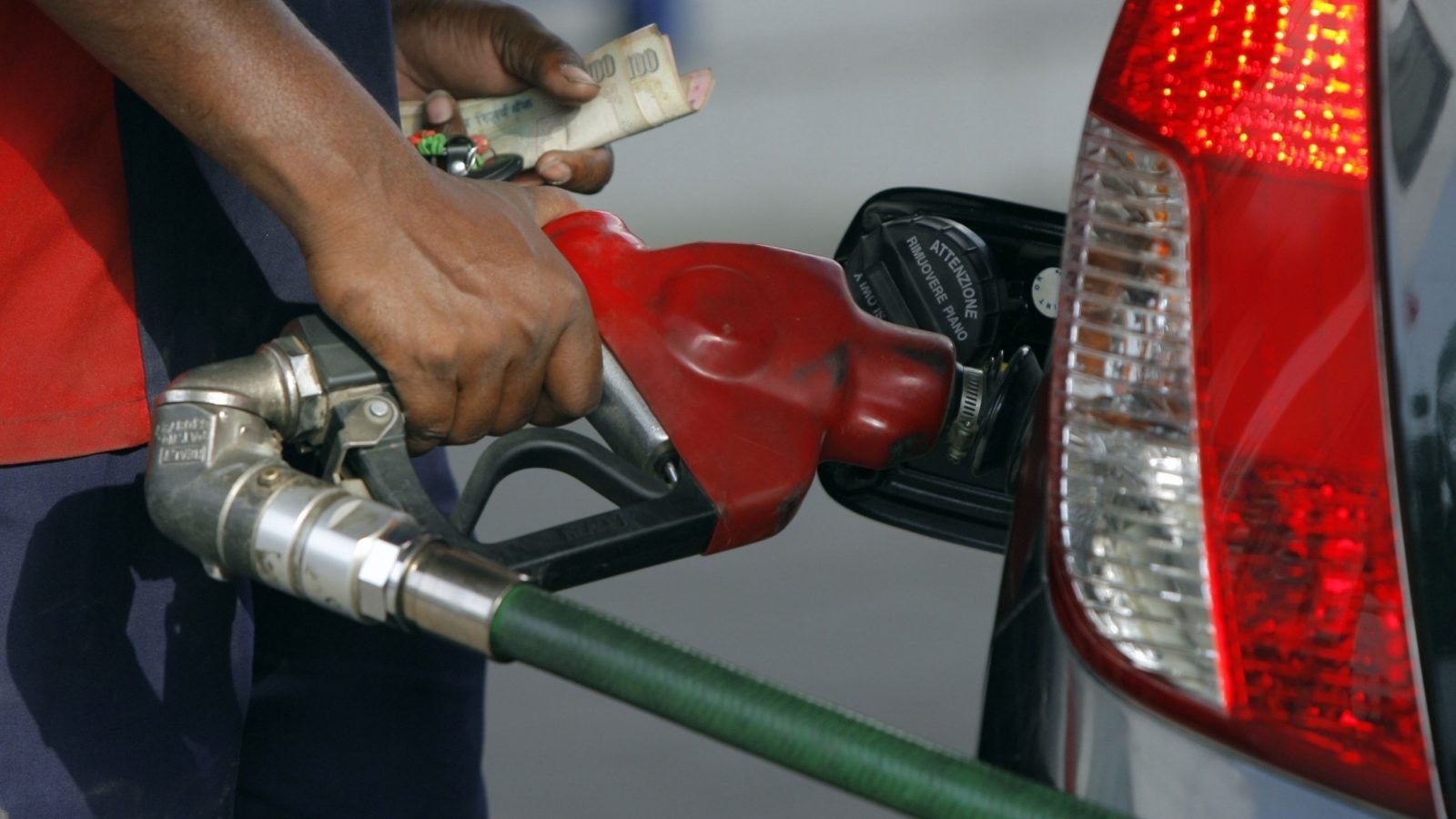One of the world’s most polluted capitals now sells only the cleanest fuel available
New Delhi, battling severe pollution over the years, has taken a major policy leap to improve its air quality. Beginning April 01, the Indian capital city’s fuel stations have been selling only Bharat Stage VI (BS-VI) fuel, the cleanest category available in the country today.


New Delhi, battling severe pollution over the years, has taken a major policy leap to improve its air quality. Beginning April 01, the Indian capital city’s fuel stations have been selling only Bharat Stage VI (BS-VI) fuel, the cleanest category available in the country today.
BS-VI is at par with Euro VI, the highest emission standard set by the European Union. The BS norms have been set on par with the Euro norms. With this latest move, India has skipped a step from BS-IV to BS-VI.
In 2015, the Indian government made it mandatory that all fuel sold in the country should be of BS-VI standard by 2018. Delhi has taken the lead. Its satellite cities of Noida and Gurugram are expected to follow by the next year.
However, most vehicles in the city have engines that are at least a generation old. Even then, this move can curb pollution.
“Typically, a switch from BS-IV fuel to BS-VI brings about nearly 80% reduction in particulate matter (PM) for every kilometre travelled,” Hem Dholakia, a senior research associate at Delhi-based nonprofit Council on Energy, Environment, and Water (CEEW), told Quartz. This, even if the existing vehicles are old.
India’s move is in line with the global precedent. “If we look at examples from Los Angeles or Europe, despite an increase in vehicle numbers, pollution (from vehicles) has actually fallen. This was possible because of stringent standards,” Dholakia said.
Easier said than done
While India has stuck to its clean-fuel target, industry experts feel its large-scale implementation won’t be smooth.
“We may see the benefits once a sizeable number of vehicles have transitioned to BS-VI,” Dholakia said.
To begin with, adequate quantities of the fuel need to be made available. India’s oil-marketing firms have said they will step up production. Further, auto firms will have to make more BS-VI-compliant vehicles.
“BS-VI fuel also provides an opportunity to retrofit devices in existing vehicles. However, the challenge in India lies in our weak inspection and maintenance system of vehicles,” Sumit Sharma, associate director at Delhi-based non-profit The Energy and Resources Institute (TERI), told Quartz. “For instance, the method to monitor PM is obsolete. Advanced testing centres that evaluate vehicles under realistic conditions must be introduced.”
Nevertheless, the switch by Delhi demonstrates “a policy willingness” to improve air quality, said Aarti Khosla, director of Climate Trends, a Delhi-based organisation that works to increase public awareness on climate change and clean energy issues. “It also shows the ability to leapfrog into cleaner technology.”
Now, staying the course and sustaining the pace will be just as important.